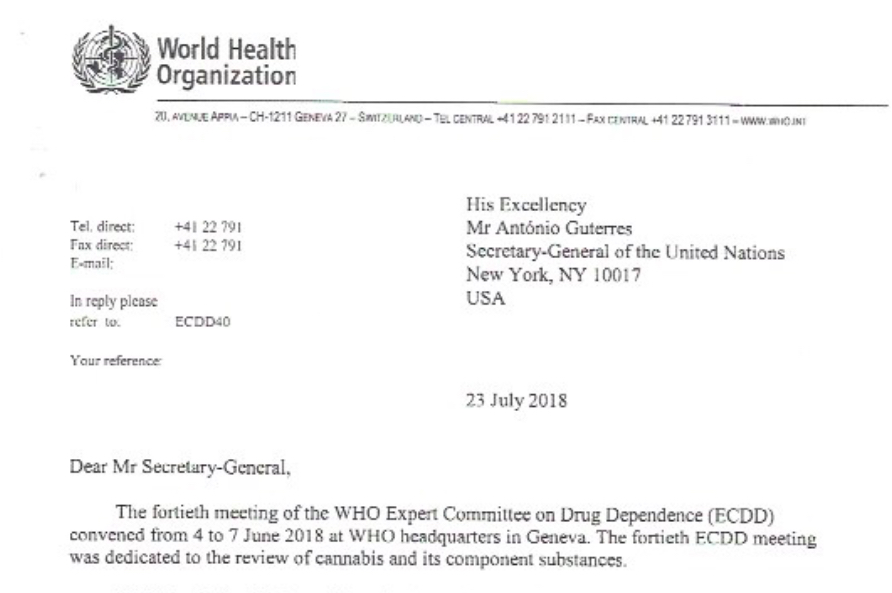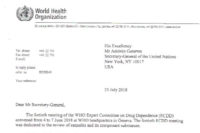According to a press release published today, Aphria Inc. has implemented Rootstock Software’s cloud Enterprise Resource Planning (ERP) solutions and ComplianceQuest’s Enterprise Quality Management System (EQMS). Aphria, one of the largest cannabis companies in the world, trades on both the Toronto Stock Exchange and the New York Stock Exchange.
 Rootstock’s cloud ERP software includes things like order processing, production management, supply chain management, lot and serial number trackability and traceability, compliance reporting, costing and financial management. ComplianceQuest’s EQMS software provides support for GMP compliance and can help improve efficiencies in operations. The EQMS focuses on quality and risk management across Aphria’s business platforms, from sourcing to manufacturing to supply chain management.
Rootstock’s cloud ERP software includes things like order processing, production management, supply chain management, lot and serial number trackability and traceability, compliance reporting, costing and financial management. ComplianceQuest’s EQMS software provides support for GMP compliance and can help improve efficiencies in operations. The EQMS focuses on quality and risk management across Aphria’s business platforms, from sourcing to manufacturing to supply chain management.
Aphria is using the entire EQMS platform, which includes software to handle documents, training, changes, inspections, nonconformance, corrective actions (CAPA) and customer complaints which integrates to Rootstock’s ERP. According to the press release, the company is currently working to roll-out audit, equipment, incident and supplier management functions and will be fully live with the entire quality system in the next few months.
According to Tim Purdie, chief information officer & chief information security officer of Aphria Inc., both platforms delivered on their implementation. “Grounded in the scalability of the force.com platform, CQ transformed our quality management operating capabilities overnight and we are delighted at the fully integrated partnership result,” says Purdie. “We now have fully digital real-time informatics and ability to implement change in a highly transparent manner to meet the demands of our high growth business.”
Adding that Rootstock ERP will help facilitate their company’s production, inventory and supply chain management, Purdie says both platforms will enable Aphria to be increasingly responsive to market needs. “Aphria is setting the standard as a worldwide leader in the cannabis industry through a diversified approach to innovation, corporate citizenship, strategic partnerships and global expansion,” Purdie says. “With these system implementations, we’re now technologically equipped to take our competitive advantage to new levels of market leadership.”











